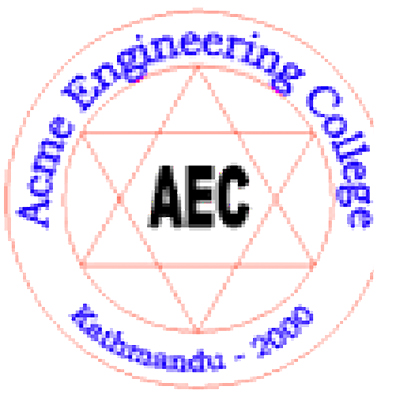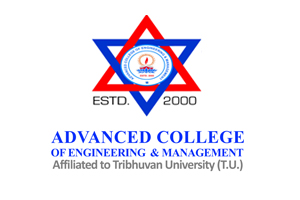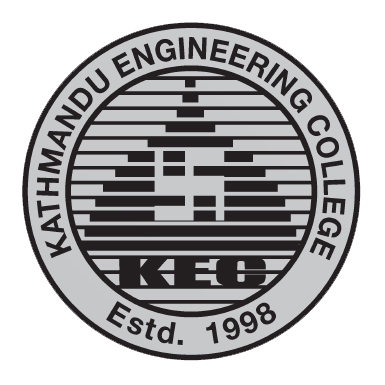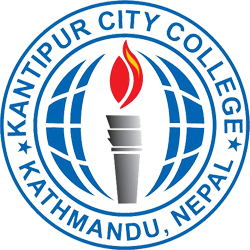Overview
BE Civil at Morgan Engineering & Management College, Basundhara, Kathmandu
Bachelor of Engineering in Civil (BE Civil) at Morgan Engineering & Management College is a four-year, eight-semester undergraduate engineering program affiliated with Purbanchal University. The course carries 194 credit hours and follows the official civil engineering structure approved by the Faculty of Engineering.
The college is located at Kanti Marga, Basundhara, within Kathmandu Metropolitan City–3, along the Ring Road. This position makes the campus reachable from different parts of Kathmandu, Lalitpur, and Bhaktapur through regular public transport.
Civil engineering students at Morgan study the planning, analysis, and construction of structures and infrastructure such as buildings, roads, bridges, irrigation systems, and water supply networks. The program connects classroom learning with laboratories, site exposure, and project work so that you understand both theory and field practice.
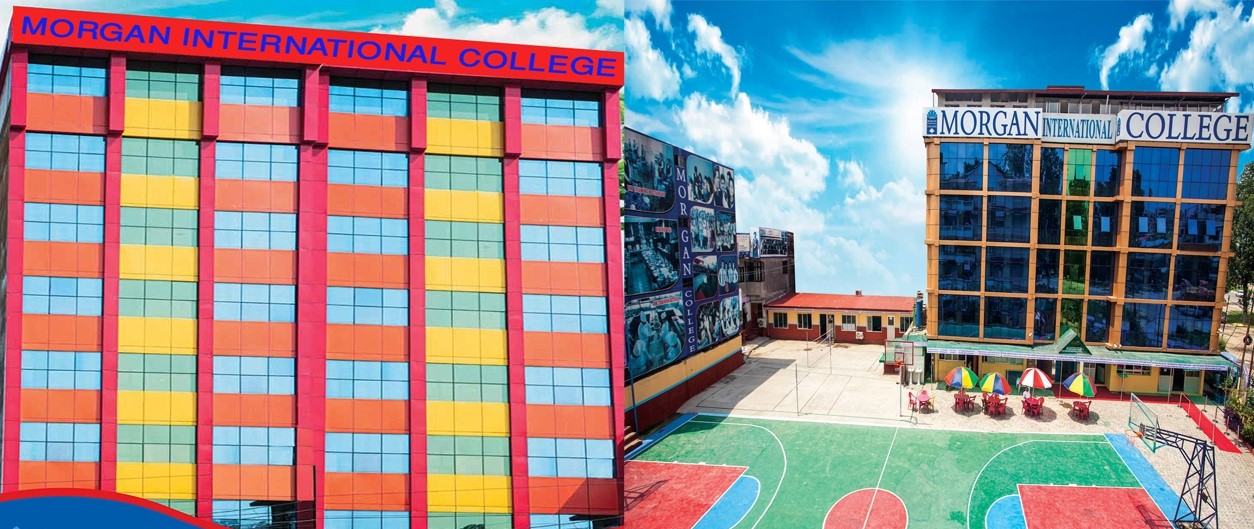
Highlights
-
Four years, eight semesters, 194 credit hours under Purbanchal University
-
Affiliated engineering college based in Basundhara, Kathmandu
-
Focus on structural, transportation, water resources, geotechnical, construction, and environmental engineering
-
Mix of lectures, tutorials, labs, drawing classes, fieldwork, and project work
-
Civil engineering project and elective courses in the final year
-
Eligibility for students with NEB +2 Science or equivalent with Physics, Chemistry, Mathematics, and English
-
Entrance examination requirement as per Purbanchal University rules
Curriculum Details
The BE Civil curriculum at Morgan follows the civil engineering course structure approved by the Purbanchal University Faculty of Engineering. Students complete 194 credit hours across eight semesters, including core subjects, laboratories, drawing, and a final-year project.
Early semesters focus on foundations for engineering study: engineering mathematics, physics, chemistry, applied mechanics, engineering drawing, computer concepts, and basic construction materials. These courses help you develop the scientific and analytical base required for later technical subjects.
Middle semesters move into civil-specific subjects such as structural analysis, building construction, fluid mechanics, soil mechanics, surveying, concrete technology, transportation engineering, and hydrology. Laboratory work in materials, soil, hydraulics, and surveying supports classroom concepts with hands-on experience.
Final semesters introduce advanced topics and integration-focused courses. Examples include environmental engineering, irrigation engineering, foundation engineering, design of steel and timber structures, sanitary engineering, and engineering economics. The final year includes a civil engineering project plus subjects on safety, disaster risk management, and professional practice.
Objectives
The BE Civil program at Morgan Engineering & Management College aims to:
-
Prepare civil engineers who can plan, analyze, and manage infrastructure works in Nepal and abroad
-
Support national development by supplying technical manpower for roads, bridges, water supply, buildings, and hydropower projects
-
Build a long-term academic centre for civil engineering education and learning
-
Provide skill-focused engineering education with strong practical exposure
-
Encourage responsible professional conduct, safety awareness, and ethical practice in engineering decisions
Scope
Civil engineering covers planning, design, supervision, construction, and maintenance of public works such as roads, bridges, buildings, water treatment plants, irrigation systems, and urban services.
Graduates of BE Civil from Purbanchal University–affiliated colleges can work in:
-
Government agencies and public corporations involved in roads, irrigation, water supply, and urban infrastructure
-
Municipal and provincial offices handling local infrastructure projects
-
Consulting firms that handle surveys, design, and supervision
-
Construction companies responsible for buildings, bridges, and other structures
-
Hydropower and energy projects
-
NGOs and development projects focusing on community infrastructure
Many students also use BE Civil as a base for higher study such as master’s programs in structural engineering, water resources engineering, geotechnical engineering, transportation engineering, or construction management.
Learning Outcomes
By completing BE Civil at Morgan, a student is expected to:
-
Explain core principles of structural, geotechnical, transportation, water resources, and environmental engineering
-
Use mathematics, mechanics, and numerical methods to analyze engineering problems
-
Prepare, read, and interpret engineering drawings, maps, and site layouts
-
Carry out basic field surveys and tests in labs for soil, concrete, aggregates, and water
-
Apply national codes, standards, and basic design procedures to routine structures
-
Plan and document small-scale civil engineering projects with cost and time considerations
-
Communicate technical ideas clearly through reports, presentations, and drawings
-
Work as part of a multidisciplinary team in design studios, labs, and project work
Skill Development Modules
Skill development runs throughout the BE Civil program. Students gradually build:
-
Analytical skills through mathematics, applied mechanics, structural analysis, and numerical methods
-
Practical skills through survey camps, lab sessions, and workshops on construction materials, soil, and hydraulics
-
Drawing and visualization skills through engineering drawing, computer-aided drafting, and design studio tasks
-
Field skills through site visits and project work that expose you to real construction practices
-
Communication skills through report writing, seminars, and presentation of project findings
These skills prepare you for roles where both technical reasoning and practical judgment are important.
Teaching Methodology
Teaching and learning in BE Civil at Morgan combine formal lectures with practical exposure. The college runs theory classes, tutorials, laboratories, drawing sessions, and guided self-study in line with Purbanchal University requirements.
Common methods include:
-
Classroom lectures for concepts and principles
-
Problem-solving sessions for numerical questions and design examples
-
Lab experiments in materials, soil, hydraulics, and environmental engineering
-
Survey fieldwork and camps for measurement and mapping
-
Civil engineering project in the final year under faculty supervision
-
Presentations and viva for project and design work
Internal assessment usually combines attendance, assignments, class tests, and lab performance, while Purbanchal University conducts semester-end examinations.
Admission Requirements
Admission to BE Civil at Morgan Engineering & Management College follows the rules of Purbanchal University and the college’s own procedures.
Academic eligibility:
-
Completion of NEB Ten Plus Two (+2) Science or equivalent (including Diploma in Engineering/Overseer)
-
Physics, Chemistry, Mathematics, and English as major subjects
-
Minimum 45% marks or GPA 2.0 in aggregate, with at least a ‘C’ grade in English
Selection process at Morgan:
-
Submission of the college application form with required academic documents
-
Successful performance in an entrance examination conducted by Purbanchal University or other recognized test bodies (such as IOE or KU, as accepted by the college)
-
Additional screening through counselling or interview, where the college assesses motivation, communication, and readiness for engineering study
Students from international boards need equivalence certification from the relevant authority in Nepal before enrollment.
Career Opportunities
A BE Civil graduate from Morgan can work in a range of roles such as:
-
Junior engineer or assistant engineer in government offices and local bodies
-
Site engineer in building, road, or bridge construction projects
-
Design assistant in consulting firms
-
Supervisor or engineer in hydropower, irrigation, or water supply projects
-
Technical staff in contractors’ organizations and construction suppliers
Some graduates choose self-employment by starting small consulting or construction units after gaining field experience and required licenses. Others continue toward postgraduate study and academic or research careers.
Scholarships and Financial Aid
Scholarships and fee waivers for BE Civil at Morgan are linked to institutional policy and national guidelines. Details on fee structure, merit-based support, or any reserved-category concessions are updated through official notices, the college website, and the administration office.
Students and guardians should contact the college directly through phone, email, or in-person visits during admission periods to receive current information before taking decisions about enrollment.
Why Choose Bachelor of Engineering in Civil at Morgan Engineering & Management College?
Bachelor of Engineering in Civil at Morgan offers:
-
A full four-year, eight-semester civil engineering program under Purbanchal University with 194 credit hours
-
A campus in Basundhara, Kathmandu, that is accessible from across the valley
-
Exposure to core civil engineering areas needed in the Nepali infrastructure context
-
Combination of theory, laboratories, survey work, and final-year project under experienced faculty
-
Direct alignment with the course structure and standards defined by the Faculty of Engineering at Purbanchal University
For students who wish to work in infrastructure development, this course provides a structured pathway from secondary school science to professional civil engineering practice.
Conclusion
Bachelor of Engineering in Civil at Morgan Engineering & Management College brings together university-approved curriculum, practical laboratories, and a location inside Kathmandu that connects you to the wider engineering community. The program prepares students to enter the field of civil engineering with a balanced background in analysis, design, and site practice, while keeping progression options open for higher study and specialized training.
The information in this course profile helps students, parents, and academic planners understand how BE Civil at Morgan fits within the broader engineering education system of Purbanchal University and the infrastructure needs of Nepal.
Frequently Asked Questions (FAQ)
1. How long is the BE Civil program at Morgan?
The BE Civil program runs for four academic years, divided into eight semesters, and carries 194 credit hours under Purbanchal University.
2. Which university awards the BE Civil degree?
Purbanchal University awards the BE Civil degree. Morgan Engineering & Management College conducts the teaching as an affiliated college in Basundhara, Kathmandu.
3. What is the minimum academic qualification to apply?
Applicants need NEB Ten Plus Two (+2) Science or equivalent (including Overseer/Diploma in Engineering) with Physics, Chemistry, Mathematics, and English, at least 45% marks or GPA 2.0, and a minimum ‘C’ grade in English.
4. Is an entrance examination required?
Yes. Students must pass an entrance examination conducted by Purbanchal University or another accepted test body, as per the college’s admission procedure.
5. What kind of work can a BE Civil graduate do?
A BE Civil graduate can work as a junior or assistant engineer in government departments, municipalities, consulting firms, and construction companies, handling tasks related to design, supervision, and maintenance of infrastructure such as roads, bridges, buildings, and water systems.
6. How can I get updated information on fees and scholarships?
You can contact Morgan Engineering & Management College through the phone numbers and email addresses listed on the official website or visit the campus. The administration and counselling desk provide current information on fees and any scholarship provisions.


